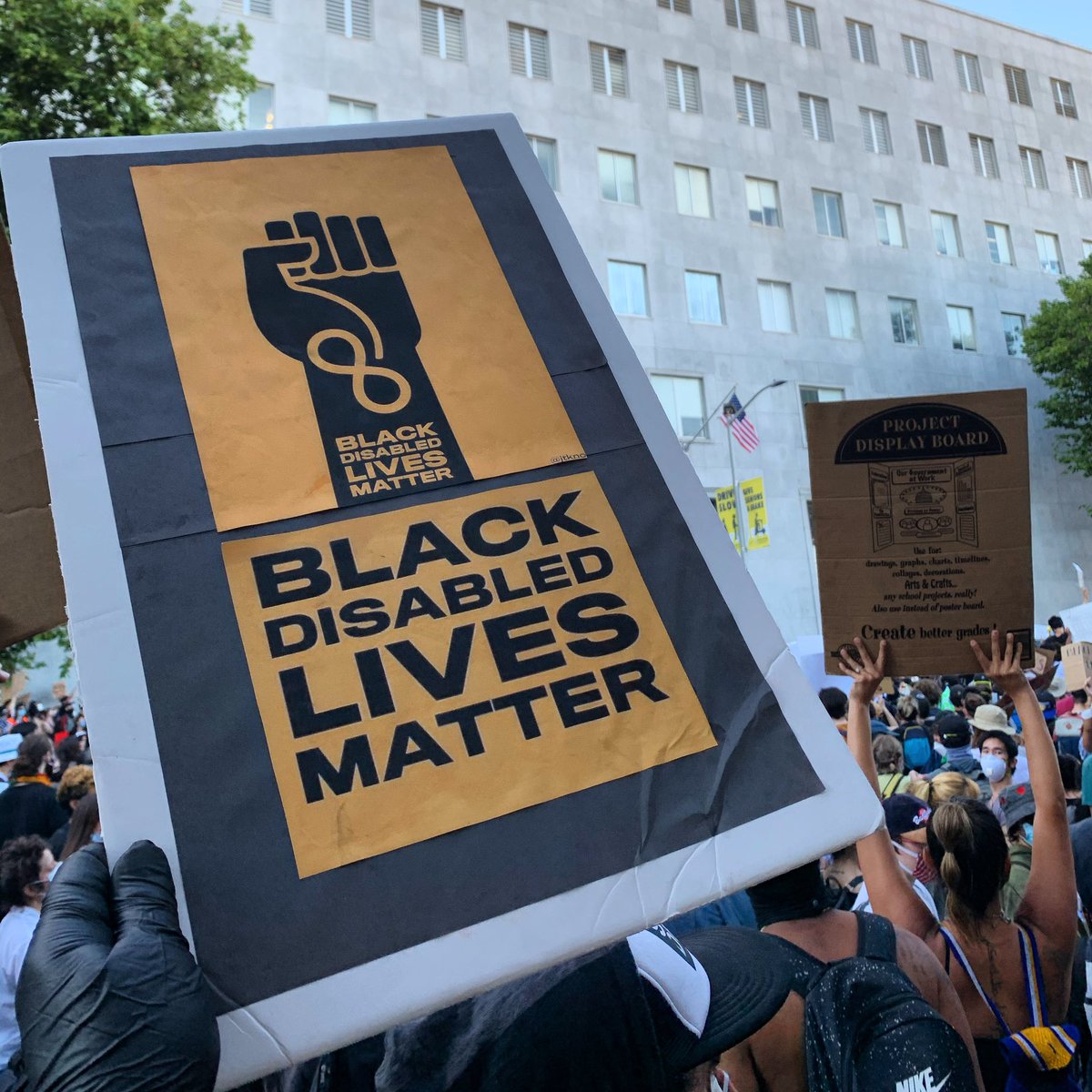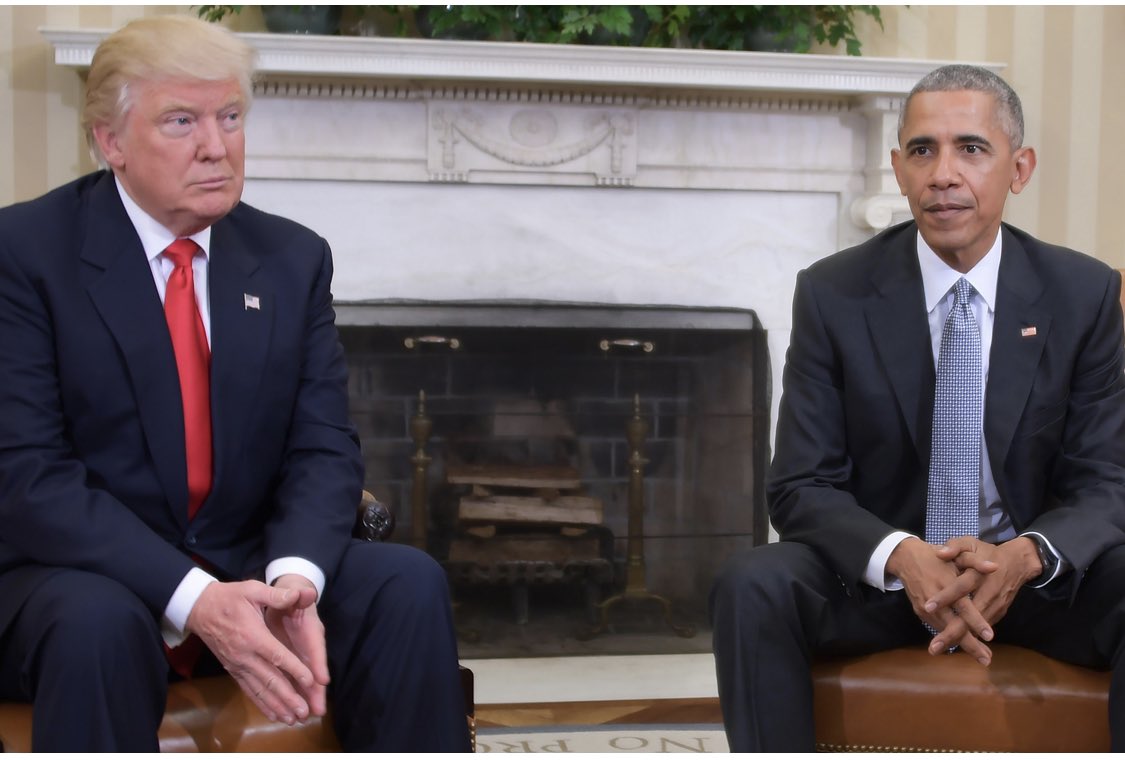This was the back of the #BlackDisabledLivesMatter sign (designed by @jtknoxroxs this week & spreading around the world) at SF Police HQ yesterday.
I was afraid people would take my reference to #ChocolateRain as a joke. People GOT it. I wanted to honor the voice of @TayZonday.

I was afraid people would take my reference to #ChocolateRain as a joke. People GOT it. I wanted to honor the voice of @TayZonday.


That song has hit me hard this week (check out @TayZonday for a recent arrangement). It’s partly because we treated it as a meme in 2007, yet what was sung is what’s being said today. It’s what #DoTheRightThing said in 1989. It’s what’s always been said, but hasn’t been heard.
And then, after being hit with the true meaning of the song, I learned @TayZonday is both from Minneapolis and autistic.
Like @Hannahgadsby’s #Nanette (which won her an Emmy), #ChocolateRain is that sort of prophetic art only (mostly) autistic people can seem to really pull off.
Like @Hannahgadsby’s #Nanette (which won her an Emmy), #ChocolateRain is that sort of prophetic art only (mostly) autistic people can seem to really pull off.
And speaking of awards, if @Beyonce would have recorded #ChocolateRain, she would have won them for it.
Don’t laugh. I started my career as an entertainment reporter. And my autistic brain spent two hours imagining 200 various artists singing it. Beyoncé was always the best. 😂
Don’t laugh. I started my career as an entertainment reporter. And my autistic brain spent two hours imagining 200 various artists singing it. Beyoncé was always the best. 😂
I mean, it’s not like I can go around saying to friends “@Beyonce should record #ChocolateRain”, because there is A LOT of context lost.
But, listen to this arrangement and then imagine what the producers of her ballads would tease out from here.
But, listen to this arrangement and then imagine what the producers of her ballads would tease out from here.
https://twitter.com/tayzonday/status/1266117707579052032?s=21
Also, listen to black people. If there’s anything to take away from my (now rambling) thread, it’s that.
#BlackLivesMatter
#BlackDisabledLivesMatter
#BlackAutisticLivesMatter
#ChocolateRain
#BlackLivesMatter
#BlackDisabledLivesMatter
#BlackAutisticLivesMatter
#ChocolateRain
• • •
Missing some Tweet in this thread? You can try to
force a refresh





